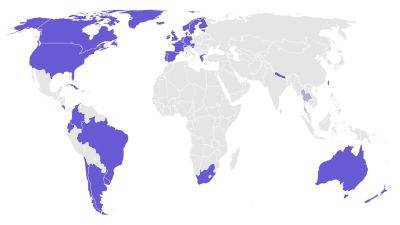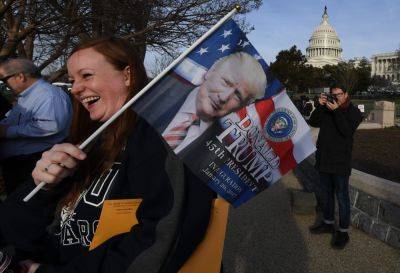Stock splits are back in fashion. Here's why, and which companies could be next
Stock splits, long out of favor, are making a comeback.
It started with Walmart, which announced a 3-for-1 stock split on Jan. 30, with the additional shares being distributed on Feb. 23.
And from there, it picked up steam. On Thursday, Williams-Sonoma announced a 2-for-1 split, and on Wednesday, Broadcom announced a 10-for-1 split.
Notable stock splits in 2024
(when distributed)
Walmart 3-1 2/23/24
Cooper Companies 4-1 2/16/24
Texas Pacific Land 3-1 3/27/24
Old Dominion Freight Line 2-1 3/27/24
Nvidia 10-1 6/7/24
Amphenol 2-1 6/11/24
Chipotle Mexican Grill 50-1 6/25/24
Broadcom 10-1 7/12/24
Williams-Sonoma 2-1 7/8/24
Cintas 4-1 9/11/24
Sony Group 5-1 10/8/24
Lam Research 10-1 10/3/24
Stock splits are far less common now than 20 or 30 years ago. During the tech and internet bubble of the late 1990s, stock splits were common. David Kostin, chief U.S. equity strategist at Goldman Sachs, noted that roughly 15% of Russell 1000 firms split their stock each year in the late 1990s, but that proved to be an anomaly.
By the mid-2000s, roughly 5% of the Russell 1000 members split their stock each year, and after the great financial crisis from 2008-2009, stock splits practically ceased.
Importantly, splits did not increase after the market began recovering in 2010.
The likely reason is the institutional base for stock ownership has come to dominate the market. Institutional investors invest by dollar value, not by shares. They would typically buy, for example, $10 million in stock and wouldn't care what the price is.
But recently, there are signs of a subtle shift. Some of it may be because the price of some stocks reached absurd levels. Chipotle, for example, has never split its stock and is trading over $3,200 and will soon split







